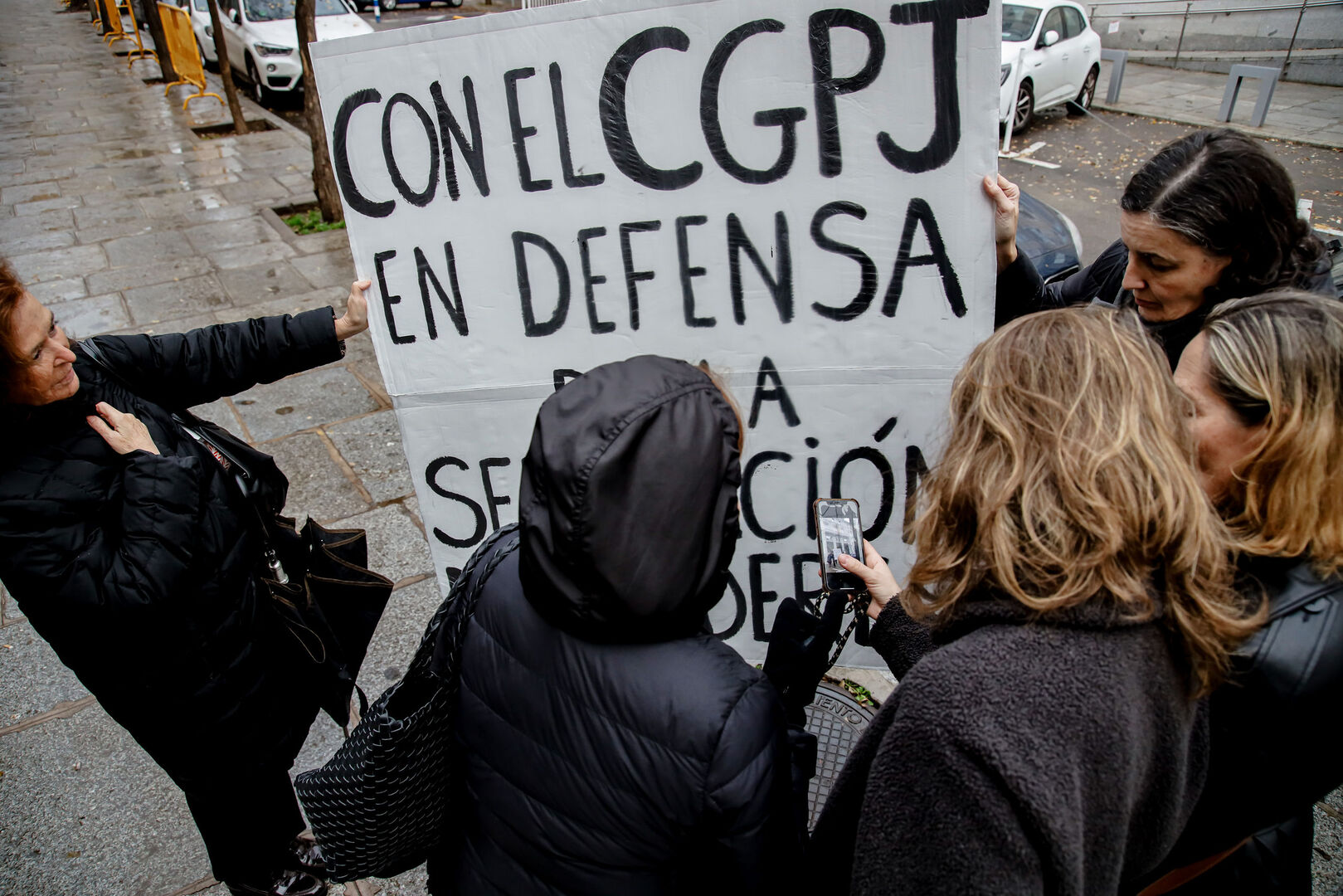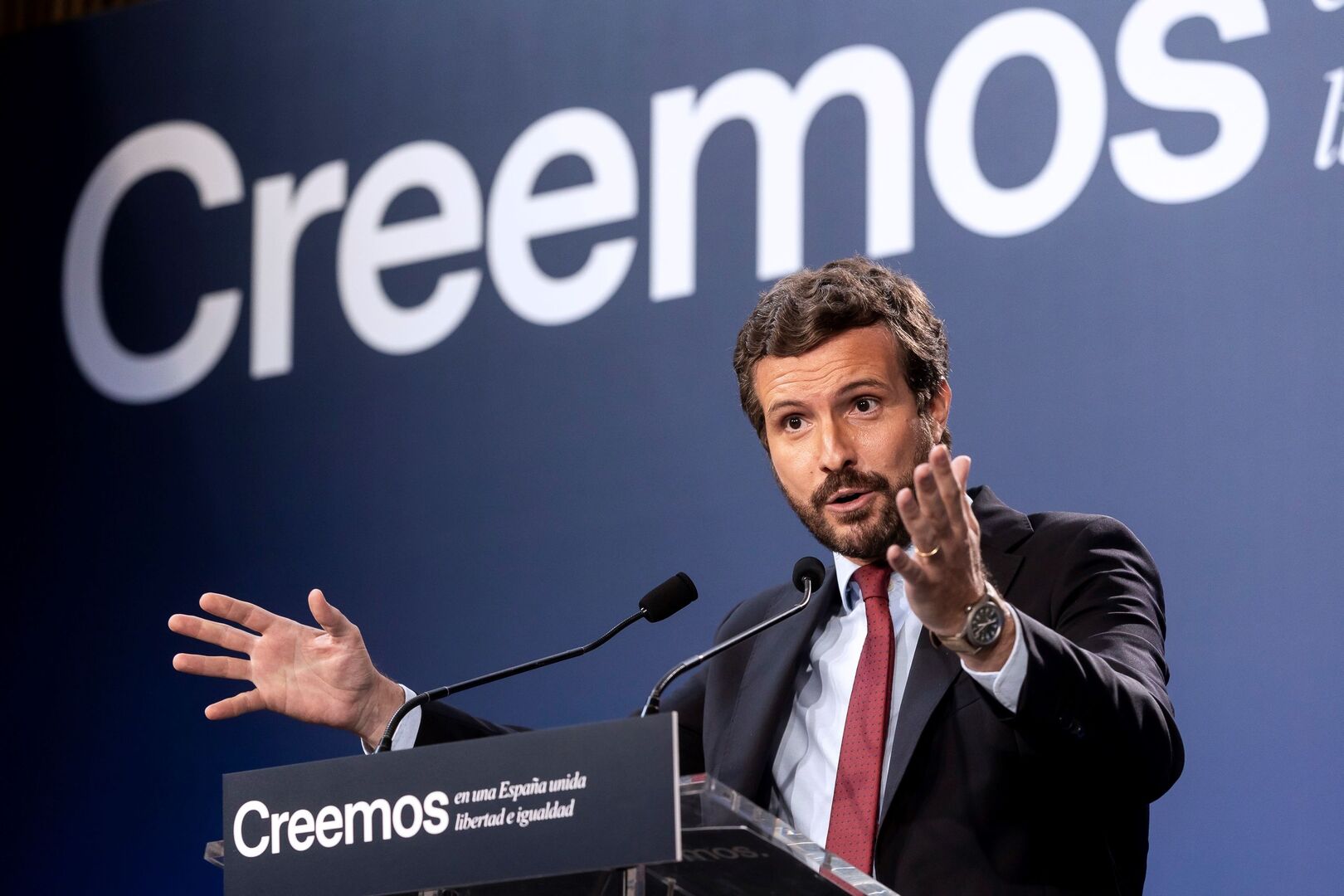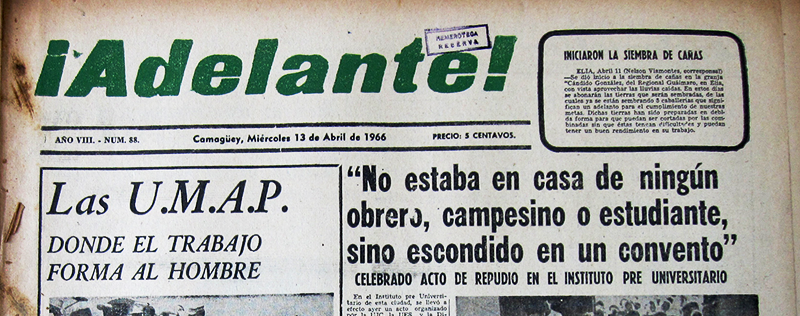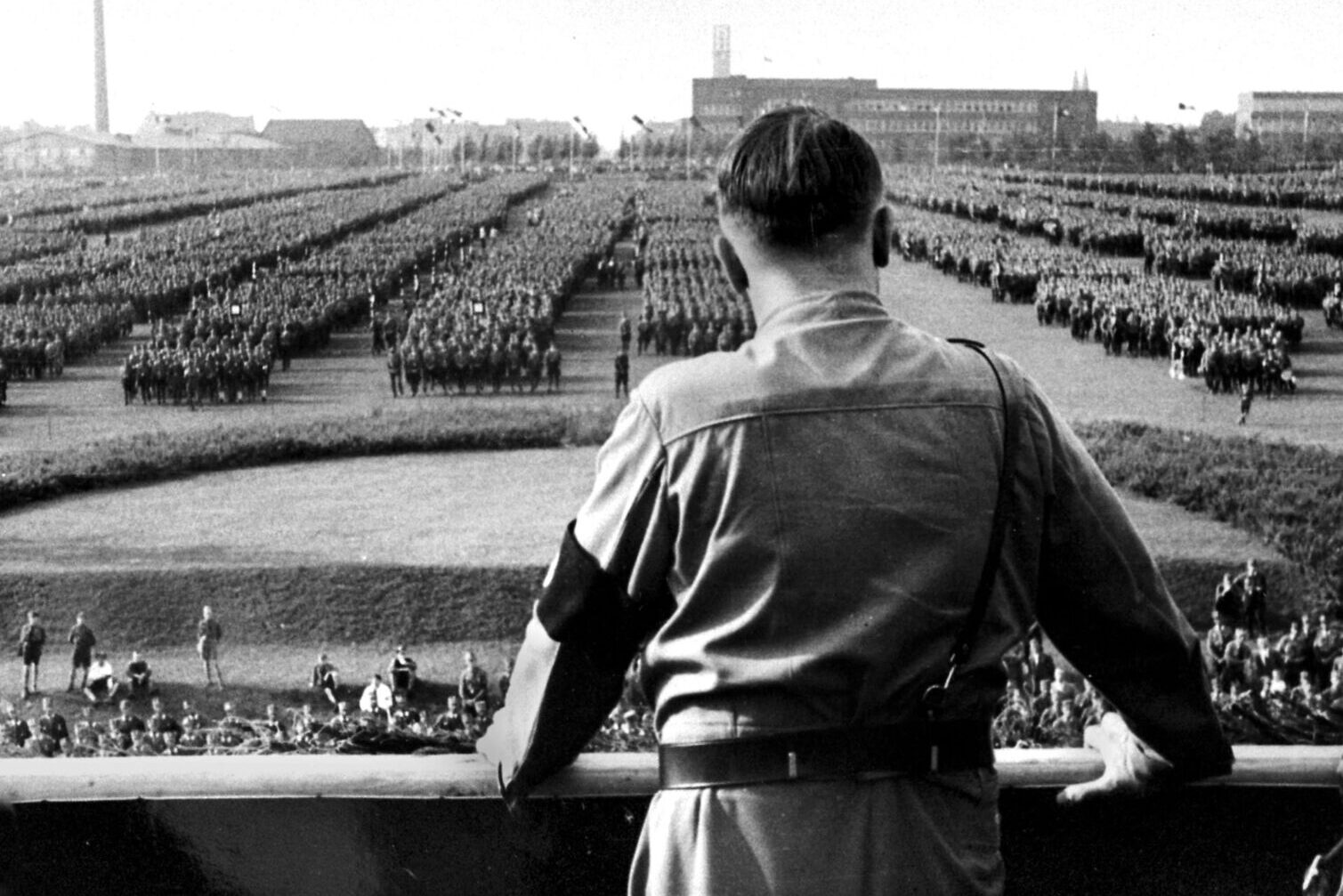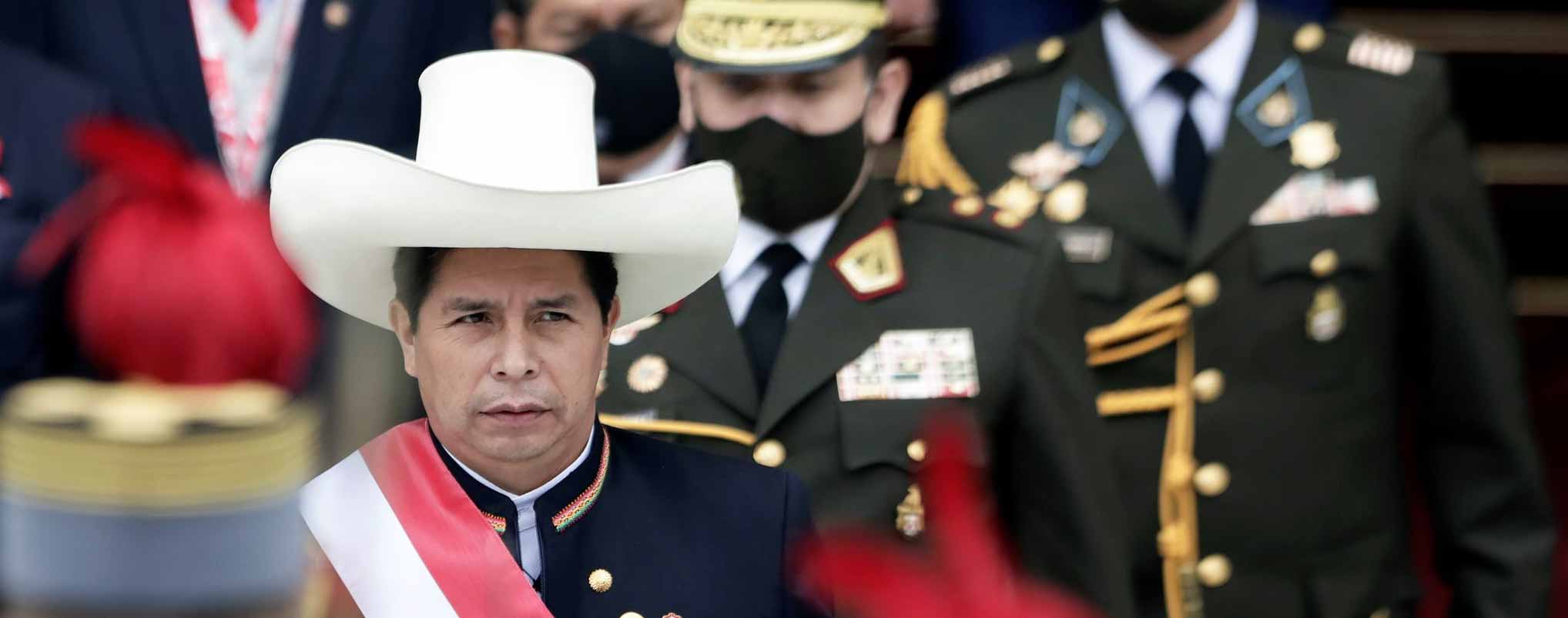Source:Libertad Digital
The government accuses the Constitutional Court of muzzling Parliament and the PP of blocking justice. The reality, however, is quite different.
Politicians and the media are today debating whether what is really unusual is the Constitutional Court’s decision to paralyse the reform of the system for electing magistrates or the assault on Justice that Pedro Sánchez intended – and intends, because the battle continues – to perpetrate in order to continue colonising the institutions. In order to be able to issue a verdict, however, it is essential to understand where we have come from and where we are going or, in other words, what the origin of the conflict is and why and for what purpose the Executive had given this latest coup de rudder.
What has the Constitutional Court actually paralysed?
The Constitutional Court has decided to suspend the processing in the Senate of the amendments with which the Government intended to change the system for electing the judges of the Constitutional Court itself until the appeal for legal protection presented by the Popular Party has been decided. The Executive seeks to do away with the rule that establishes that the renewal must be done in pairs and that, therefore, links the appointment of its magistrates to those of the General Council of the Judiciary (CGPJ), but it also abolished the necessary three-fifths majority for the CGPJ to appoint its own.
The appeal registered with the Constitutional Court, however, does not call into question the constitutionality of the reform, but rather the route chosen to carry it out, given that, as it is introduced in an amendment to another law that has nothing to do with the matter – the one that eliminates the crime of sedition – it does not have to be submitted to parliamentary debate, nor does it have to have the mandatory reports from the CGPJ, the State Council and the Public Prosecutor’s Council, which, however, would require a separate bill.
What are the arguments put forward by the Constitutional Court?
The Plenary of the Constitutional Court agreed, by 6 votes in favour (conservative bloc) and 5 against (left-wing bloc), to suspend the parliamentary procedure as a precautionary measure, considering that the risk posed is of “relevant and general social repercussion”, as “Parliament cannot ignore the rights of parliamentary minorities who are also part of the representation of the Spanish people”.
In this sense, the Constitutional Court considers that moving forward with this procedure without waiting for a substantive ruling would cause damage that would be difficult to repair to the PP deputies and senators, depriving them of a proper debate on the reform -which could no longer be carried out in any case- and, therefore, of the right to political participation that they exercise on behalf of their voters. Hence its decision to approve the precautionary measures requested by the PP and to paralyse its processing as a preventive measure.
Is it only the right wing that defends this position?
No. In fact, the Congress of Deputies’ own lawyer assigned to the Bureau of the Justice Commission had already warned of the possible unconstitutionality of such a manoeuvre, which she described as unlawful, considering that the amendments presented to try to reform the system for electing judges to the Constitutional Court had no “material connection” or “minimum homogeneity” with the bill in which they had been introduced. This is what the PP stated in its own appeal.
What is more, during the Aznar government, it was the PSOE that argued that this manoeuvre was unconstitutional. At that time, the PP amended the Arbitration Law to introduce a new offence, that of illegally calling popular consultations via referendum, with the aim of stopping the Ibarretxe Plan. The Socialist senators appealed to the Constitutional Court and the latter ended up agreeing with them because it had been approved without being connected to the law that was being processed, exactly the same as what is happening now.
Is it true that there are two magistrates whose mandate has “expired”?
No. Their mandate has not expired, but has been extended because it has not yet been renewed. In fact, article 17.2 of the Organic Law of the Constitutional Court obliges them not to leave their posts until they have been replaced. In other words, not only can they, but they must continue to do their work.
According to Carlos Flores Juberías, Professor of Constitutional Law, “the extension of the mandate is intended to prevent the Court from being paralysed by the inattention of the parties that should ensure its renewal. Without this formula, there would simply be no Constitutional Court if the parties did not want there to be one“. In any case, it would not be just two judges who would be in this situation, but four.
Como veo a mucho hiperventilado dispuesto a lanzarse a las calles para parar el golpe judicial de la derecha y de paso hacer la Revolusión. Y como yo pienso igual que José Mota, que si hay que ir se va, pero ir pá ná es tontería… Allá van algunas precisiones.
Abro hilo— Carlos Flores Juberías (@FloresJuberias) December 20, 2022
Why have only two judges been challenged?
PSOE and Unidas Podemos only requested the recusal of the president, Pedro José González-Trevijano, and Antonio Narváez. However, there are two other judges who should also have been replaced last June: Santiago Martínez-Vares and Juan Antonio Xiol Ríos. The reason why the governing parties are only challenging the first two is because they were appointed by Mariano Rajoy’s government and, therefore, the ones who should have replaced them.
It is striking that their bias in the case at hand is prejudged, when the replacements proposed by the Executive have a much more political profile: Juan Carlos Campo, former Minister of Justice under Pedro Sánchez, and Laura Díez, former advisor to Pujol and in favour of circumventing the 25% Spanish ruling. With their appointment, the Constitutional Court would completely change the distribution of powers, as the progressives would have a majority and would therefore be able to shield both the government’s most controversial laws and the promises it has made and can continue to make to Bildu and ERC.
Did the government have another legal alternative to pass this reform, and why did it opt for this one?
As the president of the Professional Association of Magistrates (APM in Spanish), María Jesús del Barco, has pointed out, the Government could have approved this reform by means of a bill, as it has a sufficient majority to do so. However, by approving it via an amendment, it is spared the parliamentary debate and the mandatory reports from the CGPJ, the State Council and the Public Prosecutor’s Council, who have already been very critical of some of the most controversial laws of this legislature. Moreover, if they had opted for the bill, the modification would have been delayed and would have tarnished the pre-campaign for the municipal and regional elections next May.
What role does the Más País bill play now?
After learning that the Constitutional Court had stopped the reform of the system for electing judges, Íñigo Errejón’s party announced that it would present a bill to the same effect so that, in one way or another, the amendment could go ahead. As a political party outside the government – and therefore not a draft law – the government will be spared the reports from consultative bodies and will avoid any possible criticism from them.
Why doesn’t the CGPJ elect its magistrates?
Quite simply because they cannot agree. The members of the CGPJ are elected by the political parties, so here too there are two blocs: the conservative and the progressive. However, the election of judges to the Constitutional Court requires a three-fifths majority, which forces both blocs to agree. Behind the inability to do so lies the dispute that has been going on for years over the renewal of the CGPJ itself.
Who is really blocking the renewal of the CGPJ?
On 3 December last year, the judges’ governing body was deadlocked for four years. The mandate of its members was due to expire in 2018. However, since then, PSOE and PP have not reached an agreement and have been blaming each other.
After the resignation of Judge Manuel Marchena to preside over the CGPJ, at the beginning of 2021 the principle of agreement between the Popular Party and the Socialist Party seemed to be closer than ever. However, at the last moment, negotiations broke down after the PSOE opted to propose two judges as members that it knew perfectly well that the opposition would not accept under any circumstances. On the one hand, José Ricardo de Prada, the PP’s scourge in the Gürtel plot and who is blamed for some of the harshest sentences in the sentence that led to the motion of censure against Mariano Rajoy. On the other, the former Podemos MP Victoria Rosell.
The government then opted to initiate its own particular blackmail of the main opposition party and, with the aim of adding more pressure on the PP, passed a law that prevented a sitting CGPJ from making appointments. In this way, if it did not agree to unblock the judges’ governing body, it would blame it for causing paralysis in the courts. The blackmail did not work as he thought it would, and Sánchez soon realised that this law would end up hurting him, as the acting CGPJ would not be able to renew the positions on the Constitutional Court either, a renewal that was absolutely necessary to consummate his progressive shift and thus guarantee the pro-independence pretensions of his ERC and Bildu partners.
Faced with this dilemma, last June the Government surprised with a new law that came to correct the previous one with one exception: the CGPJ in office would continue to be unable to make appointments, except for those that most interested the Executive: those related to the Constitutional Court. When he saw that this did not work either, he opted directly to reform the system for electing judges.
What does the Council of Europe say?
For years, European institutions have been calling on the government to change the system for electing members of the CGPJ in order to put an end to the “perception of politicisation”. Thus, the Council of Europe insists that it should be the judges who elect its members, in line with European standards, a proposal taken up by the Popular Party with Pablo Casado as president and which the Government, through the mouth of Félix Bolaños, radically opposed.
This Tuesday, moreover, the European Commission has shown its support for the Constitutional Court and has asked the Government to act “according to the rules”, placing special emphasis on the need to consult the parties involved, such as the bodies of judges, prosecutors or even the Venice Commission of the Council of Europe. In other words, just what the government had failed to do.
Share this article
On This Day
- 1552 Battle of Bicocca.
- 1565 Miguel López de Legazpi founds Cebu as Villa de San Miguel.
- 1806 María Cristina de Borbón Dos Sicilias was born.
History of Spain
26 August 2020
27 January 2021
Communism: Now and Then
23 December 2022
28 July 2021
